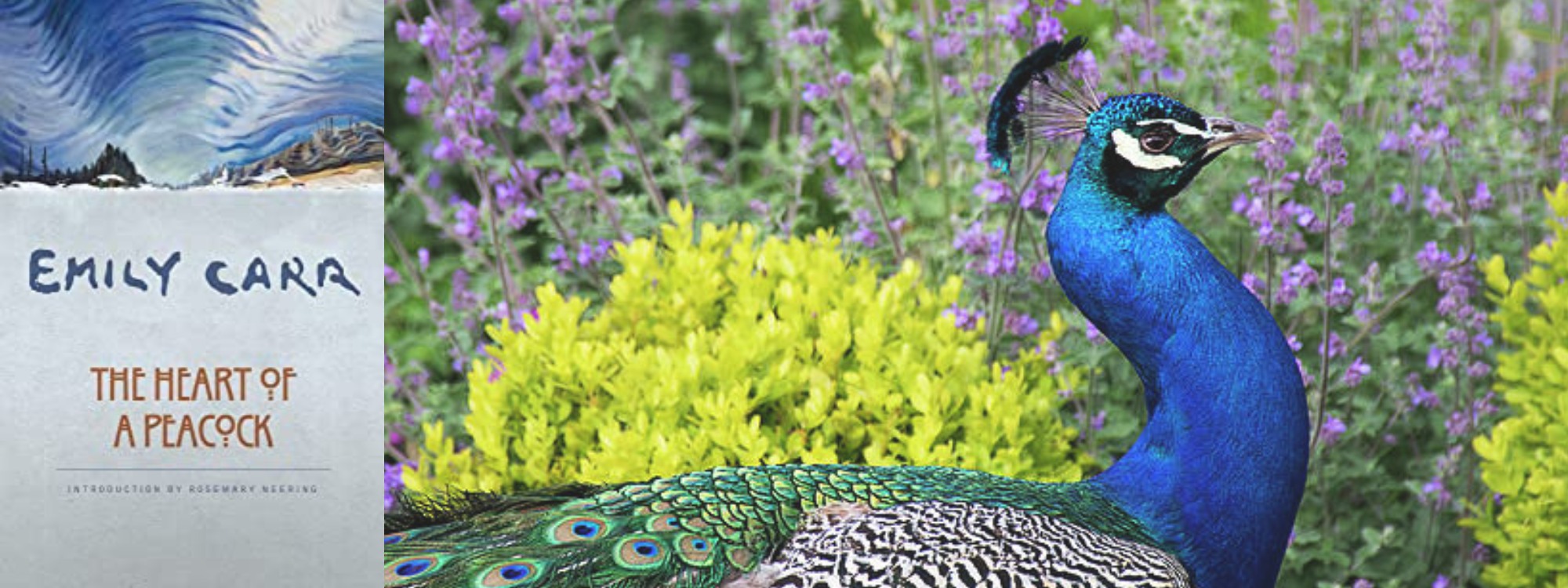In Victoria’s Highland district, where roads were bad and there was little traffic, stood a tiny log cabin used by hunters in the game season. Birds loved this district, the sunny solitudes of its few scattered farms.
In autumn gunmen shot over the district. I rented the cabin for the month of June, when birds were nesting and gunmen were out of season. A grouse hatched her brood beside the cabin door. She brought them to feed in the wild strawberry-patch in front. Father grouse sat on a nearby stump to warn his family of approaching danger. My party—sheep-dog, Javanese monkey, and me—he accepted as part of the landscape. Danger might come from us, but we sat still for hours while I sketched, admiring, not molesting, his family. He trusted us.
To be honoured by the trust of wild things is to have one’s self-esteem hoisted. Condescension from great humans does not pride one as confidence from wild creatures does. When cocked heads and round, curious eyes stare at you direct, when winged timidness stays on human level instead of lifting to bird-freedom, it raises one’s faith in humanity and in oneself.
Quail, pheasant, grouse abounded in the Highland district. The whirr of humming-birds’ wings was heard in the air. Robins sang and swallows darted; there was every variety of sparrow. There were wrens, chickadees, towhees—black-hooded, long-tailed, rusty-breasted, shy birds. I threw abundant crumbs before my cabin door to indicate that I was friendly. They came warily at first, but soon in numbers. A father towhee came and brought his three newfledged birdlings.
Mother Towhee was hatching her second brood back in the woods. The three children sat agape and squawking till Father had filled them up. Then Father, with beak full and crop bulging, flew off into the woods. Soon he was back again, lean, empty, and very hungry. He fed himself. The children watched, too full to squawk. Father Towhee thought it was time to teach his family self-reliance. He took a crumb in his beak and softened it by pinching, then dropped it before his young. The children obstinately refused to bend their necks and help themselves.
Ever since they hatched they had thrown their beaks wide, braced their necks, while a parent poked food down. Father Towhee was weary. Soon it would be all to do over again for the second brood. He disappeared. The children squawked and squalled dismally. Father did not come. I feared some calamity had befallen Mr Towhee. I could not imagine a parent’s heart untorn by such frantic pleadings.
“Sparrows, what are we to do? I can’t show the little towhees! You must.”
The sparrows pecked on quite indifferent.
A shadow swooped silently through the cabin door, circled me where I stood, circled me again, swept out into the sunshine . . . Mr Towhee! Stepping out of the cabin I saw him peeping over the edge of the gutter, worried as I over his stubborn family. But a firm disciplinarian was Father Towhee! For three days he and I watched the obstinate children, hungry almost to starvation.
I had a hammock out in front slung between a tree and the snake fence. Father Towhee would creep along the lower rail of the fence, my bulk hiding him from the crumb patch. He knew that I knew; we pooled knows—watched. Three days’ anxiety, then the birdlings, one after another, found the bend in their necks, took bits of food from the ground, twisted them in their beaks, tongued and spit them out—lazy tongues wanting a parent bird to beak food down their throats till it met their gulp. At long last they did learn. Then Father came back and fed with them.
Before I left the cabin Mother Towhee brought her second brood to the feeding grounds and left them to Father. Patiently he began the process all over again, while Mother and the grown brood looked after themselves.




0 comments